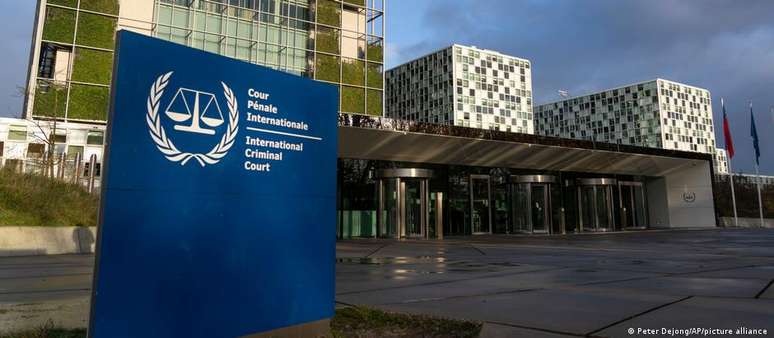The October 7 terrorist attack provoked an immediate reaction from Tel Aviv and fears of violations on both sides. But what laws, after all, regulate military conflicts? Indiscriminate massacres, hostage-taking, executions, sieges and bombings: news and images like these have flooded the news since the Hamas terrorist attack on Israel last Saturday (07/10).
The Israeli response was immediate, with thousands of bombings targeting the Gaza Strip, an enclave controlled by the Islamist group and home to more than 2 million Palestinians.
In addition to that, Israeli Defense Minister Yoav Gallant’s speech drew criticism from UN officials and human rights groups on Monday (10/09), when he announced a total siege on the Gaza Strip to prevent the input of food and fuel.
He also vowed to wipe Hamas “off the face of the Earth,” fueling growing expectations that Israel will launch a ground invasion to destroy the Palestinian militant group.
Such developments have prompted warnings from several international bodies about possible war crimes committed by both sides. But what laws, after all, regulate military conflicts?
What are war crimes?
A war crime is a serious violation of international law against civilians and combatants during armed conflicts. The classification is part of a complex judicial system that emerged after the Second World War with the Nuremberg Trials.
International rules on armed conflict were established in 1949 by the Geneva Conventions, ratified by all member states of the United Nations and supplemented by decisions of international tribunals on war crimes.
A series of treaties govern the treatment of civilians, soldiers and prisoners of war in a system collectively known as the Law of Armed Conflict or International Humanitarian Law. It applies to government forces and organized armed groups, including Hamas militants.
War crimes, in particular, as well as crimes against humanity, were defined in the Rome Statute of 1998, which served as the basis for the creation of the International Criminal Court (ICC).
It covers more than 50 possible scenarios, such as murder, torture, rape and hostage-taking. The statute also provides for deliberate attacks against defenseless population centers not considered military objectives.
A crime against humanity, therefore, is defined as “a widespread and systematic attack directed against any civilian population,” including murder and extermination, as well as enslavement and deportation or forced displacement.
What is the role of the International Criminal Court?
In the case of war crimes, it is up to national courts to apply the so-called universal jurisdiction, the scope of which is however limited.
When possible atrocities are not brought to national justice, the International Criminal Court is the only international legal body capable of bringing charges. Opening in The Hague in 2022, it is the permanent world court for war crimes, crimes against humanity and genocide. Its jurisdiction covers crimes committed by its 123 member states and their respective citizens.
But many of the world’s major powers are not part of it, such as China, the United States, Russia, India and Egypt. The International Criminal Court recognizes Palestine as a member state, while Israel rejects the Court’s jurisdiction and does not formally engage with it.
What are the limits of the ICC?
With a limited budget and staff, the ICC is currently investigating 17 cases, ranging from Ukraine to Afghanistan, including countries such as Sudan and Myanmar.
Regarding Palestine, the ICC has been investigating alleged war crimes and crimes against humanity committed in the occupied territories since 2021. A budget of just under €1 million has been allocated for 2023, but the Court is currently looking for additional resources.
What would be the war crimes in the Israeli-Palestinian conflict?
For Hamas’s part, the New York-based NGO Human Rights Watch (HRW) cited the group’s deliberate attacks on civilians, indiscriminate rocket offensives and the group’s taking of civilians hostage as possible war crimes. Islamic. On the Israeli side, counterattacks in Gaza that killed hundreds of Palestinians would be subject to the same qualification.
“The deliberate killings of civilians, the taking of hostages and collective revenge are atrocious crimes that have no justification,” condemns Omar Shakir, the Organ’s director for Israel and Palestine.
ip/av (Reuters, AFP)
Source: Terra
Rose James is a Gossipify movie and series reviewer known for her in-depth analysis and unique perspective on the latest releases. With a background in film studies, she provides engaging and informative reviews, and keeps readers up to date with industry trends and emerging talents.






